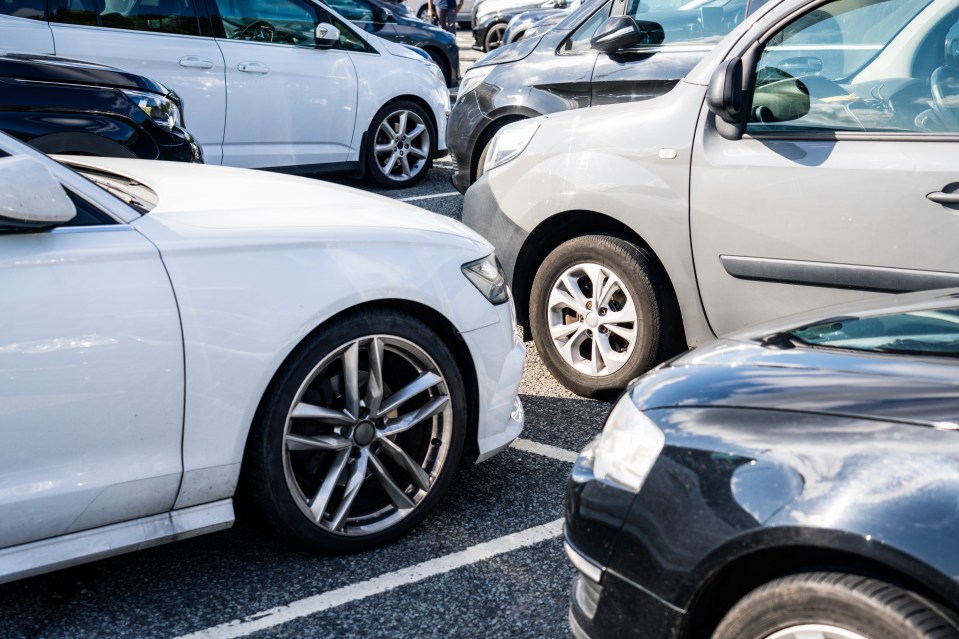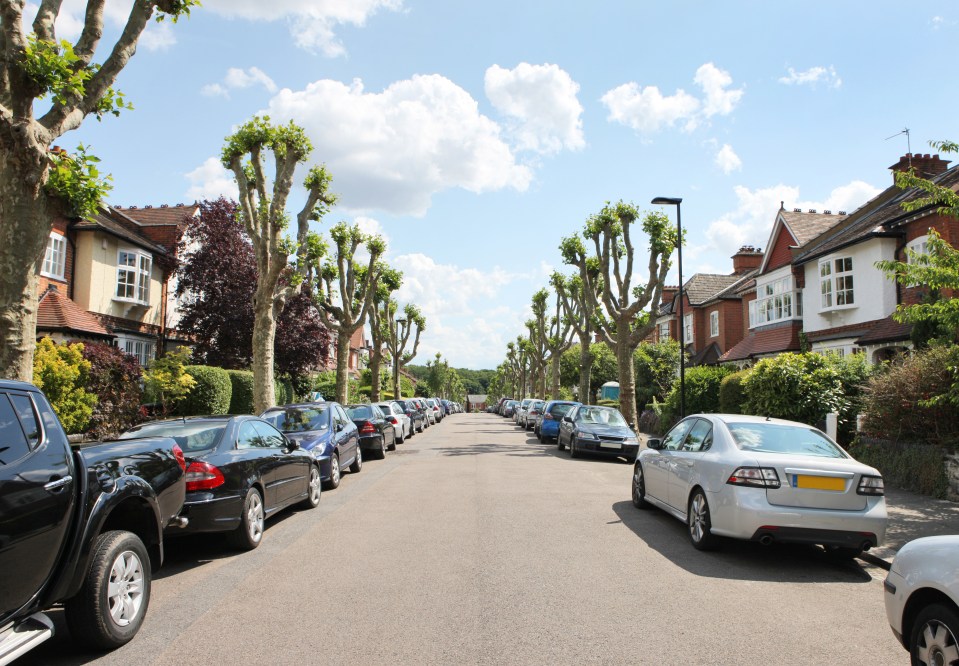A HUGE tax hike is set to hit thousands of drivers across the UK.
New Benefit-in-Kind (BIK) rules could change how some vehicles are classified by HMRC.
Owners of double-cab pick-up trucks may have to cough-up extra cash in tax as a result.
Vehicles in this category include the the Ford Ranger, the Isuzu D-Max and, an old Top-Gear favourite, the Toyota Hilux.
From April 6, pick-ups are being treated as company cars, rather than vans, under new customs laws, which could lead of annual tax bills of up to £8,000 for their owners.
The revisions to the tax brackets come after a 2020 Court of Appeal ruling, which found that double-cab pick ups were not primarily suited to business use.
This led BIK tax regulators to abandon the one-tonne payload test, which measured the weight a pick-up could carry in cargo and passengers.
Under this previous system, pick-ups were taxed at a flat rate of £3,960 per year.
Instead, under new rules they would be judged on carbon emissions, with huge numbers of diesel pick-ups in the top bracket (37%).
For a £45,000 pick-up, a 20% taxpayer would now have to foot a tax bill of £3,330 a year, with 40% taxpayers paying £6,660 for their motor.
Experts at Auto Traders have warned that more expensive models may see emissions tax bills go above the £7,000 mark.
They said: “from April 2025 a £50k double cab Ford Ranger would fall into the 37 per cent BIK rate, meaning you’d need to pay £3,550 in tax if you were a 20 per cent taxpayer.
“For people in the 40 per cent tax bracket, that new tax payment would be just over £7,000.”
The misery for truck drivers doesn’t stop there, as fuel benefit rules are also changing.
Pick-up drivers are now moving from a £757 van rate, to the hefty car fuel benefit multiplier of £28,200 – also varying according to emissions and income.
Some experts have even warned that claiming fuel benefit won’t be worth it for many truck drivers.
To further turn the screw on pick-up owners, their capital allowance has been tightened too, so generous deductions against their profits can no longer be claimed.
Thankfully for double-cab drivers, there is transitional relief in place.
Anyone who bought or leased a pick-up before April 6 can stay under the old rules until 2029, providing a limited window to avoid the full force of these adjustments.
Leading tax firm Finsbury Robinson advised: “Many business owners will be considerably worse off, but choices can still be made to minimise tax liabilities.”
Unsurprisingly, a petition against the changes has been launched, demanding Labour “reverse the Tax Treatment of Double Cab Pickup Trucks in the 2024 Autumn Budget“.
It highlights the potential harm to businesses these changes could make, and focuses on the crucial role pick-ups play in rural jobs – with their heavy load capacity and flexibility over tough terrain.
Addressed to Rachel Reeves, it claims: “We think this change will harm many businesses, farmers, tradespeople, and individuals relying on double cab pickups for work, making work vehicles costly.
“Reclassifying them as cars drastically raises costs by increasing Benefit in Kind tax and lowering their capital allowances.
Any petition with 10,000 signatures will receive a formal response from the government, and any with 100,000 are considered for debate in Parliament.









